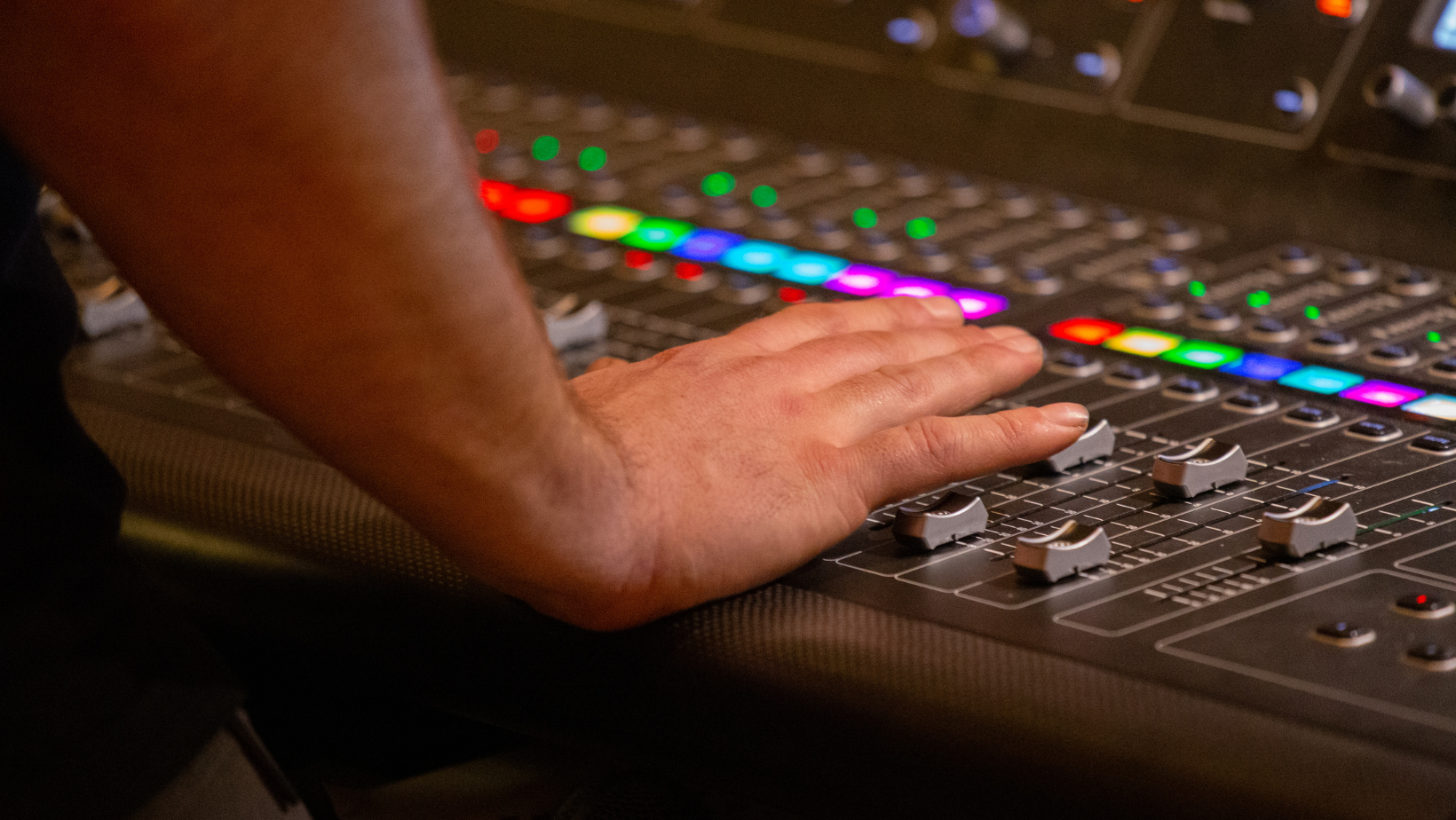In the dynamic world of music, technology has become a game-changer. It’s not just about striking chords on a guitar or hitting the right keys on a piano anymore.
Stay tuned as we delve into the fascinating world of music technology programs, their benefits, and how they’re shaping the future of music.
Music Technology Programs
Rising to the occasion, music technology programs provide the requisites to blend creativity with technical prowess. Unleashing artistic potential in the contemporary world, they lay the foundation for digital music composition, multimedia sound production, and effective digital landscape navigation, thereby shaping the future of the music industry.
Importance in Modern Music Production
 In the present day’s digitally dominant music industry, music technology programs play a pivotal role. Fueling creativity with technicality, these programs equip artists to efficiently generate, manipulate, and distribute sound using cutting-edge digital technology. Not only does this pave way for innovative music creation, but it also enables artists to attain a competitive edge in the evolving music production landscape.
In the present day’s digitally dominant music industry, music technology programs play a pivotal role. Fueling creativity with technicality, these programs equip artists to efficiently generate, manipulate, and distribute sound using cutting-edge digital technology. Not only does this pave way for innovative music creation, but it also enables artists to attain a competitive edge in the evolving music production landscape.
Core Components
Typically, a music technology program encompasses a broad array of components aimed at delivering well-rounded knowledge and skills to its learners. The key subjects of study include acoustics, audio engineering, digital music production, and sound design for media.
Key Courses in Music Technology Programs
This segment explores the focal courses offered in music technology programs, fostering a seamless blend of creativity and technological prowess.
 Sound Engineering
Sound Engineering
Sound Engineering hones the art of recording, mixing, and reproducing sound. This technical discipline accentuates practical skills, helping learners manipulate sound to achieve the intended emotional effect. A course in Sound Engineering enlightens students about audio production techniques, creating an immersive sonic experience.
Digital Music Production
Focusing on modern production techniques, Digital Music Production is a central part of any music technology program. This course equips students with the proficiency required to create and manipulate music in a digital environment. It provides an in-depth understanding of computer-based software, such as Ableton Live and Pro Tools, essential for digital music creation.
Music Programming
The Music Programming course is designed to provide programming skills needed for digital music production. With this course, students gain a detailed understanding of coding for audio applications. Covering key programming languages, such as C++ and Max, the syllabus equips students to create unique sounds and musical instruments.
Choosing the Right Music Technology Program
Choosing the right music technology program begins with understanding individual career objectives, considering specific factors that influence the quality of education, and researching the top institutions that offer these programs.
Factors to Consider
When it comes to selecting a music technology program, several factors play a crucial role. Firstly, one must consider the scope and focus of the curriculum. Some programs prioritize technical skills, teaching students about audio engineering, acoustics, and industry-specific software like Pro Tools, Ableton Live, and Logic Pro X. On the other hand, some programs lean towards creative aspects, focusing on digital music production, composition, mixing, mastering, and music programming.
Top Institutions Offering These Programs
 According to authoritative sources, the following institutions offer well-regarded music technology programs:
According to authoritative sources, the following institutions offer well-regarded music technology programs:
- Berklee College of Music, Boston, USA: Renowned for its comprehensive music technology program, Berklee offers a well-rounded education, incorporating technical and creative aspects. Its graduates often find placements in top-tier music industry roles.
- The Royal College of Music, London, UK: Offers a Masters in Producing and Performing Electronic Music, which combines creativity with an exploration of emerging technology in music.
- University of Michigan, USA: Its Music Technology Program focuses on technical and hands-on experience, supported by a world-class faculty.
Music technology programs are revolutionizing the way we create and consume music. They’re merging artistic flair with technical prowess, enabling artists to craft, produce, and share their music using cutting-edge tech. Key aspects like acoustics, audio engineering, and industry-specific software are covered in these programs. Selecting the right program is crucial and depends on personal career objectives, curriculum focus, faculty expertise, facilities, and industry ties.

